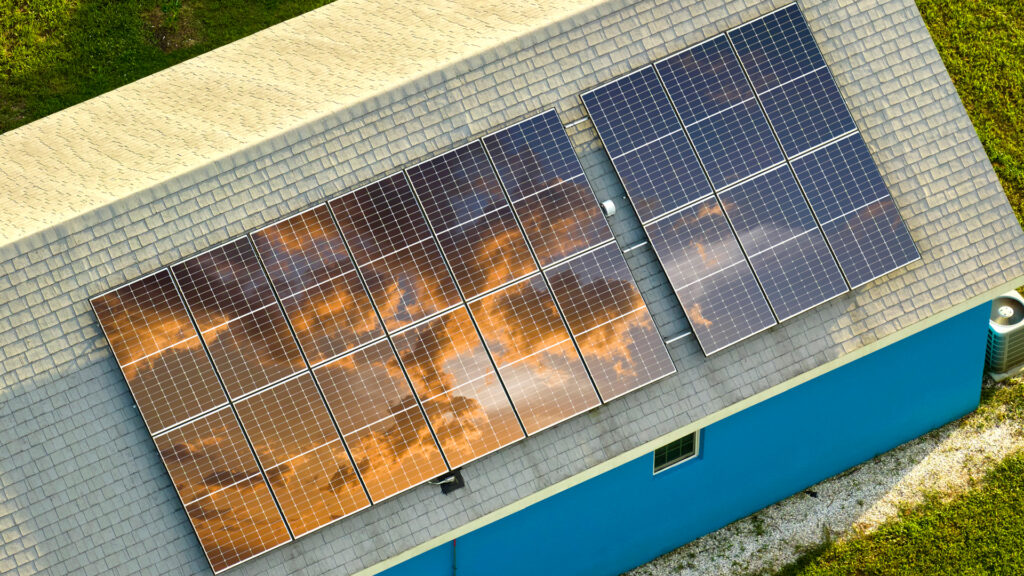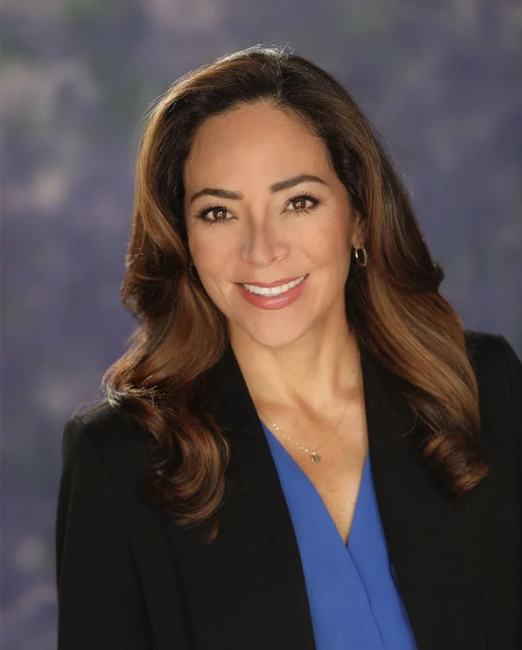By Duanne Andrade, Solar and Energy Loan Fund (SELF)
On Aug. 16, 2022, President Joe Biden signed the Inflation Reduction Act (IRA) into law, taking most people, even those who worked tirelessly to pass the bill, by surprise. The IRA is an historic investment in the clean energy transition; its funding is spurring decarbonization across all economic sectors, from heavy industry to individual residents, from tribal and rural communities to urban centers.
Of the $2.2 trillion in total IRA funding, $369 billion was set aside for addressing climate change and energy issues, including $27 billion for the Environmental Protection Agency to develop the Greenhouse Gas Reduction Fund, effectively creating a national green bank.

The fund includes $7 billion that will be dispersed through Solar for All, a competitive application program specifically designed to provide access to solar energy to low-income disadvantaged communities. This funding is available for states, tribal governments, municipalities and eligible nonprofit lenders. That last group is important, particularly for Floridians.
The state of Florida did not apply for federal funding, but the Florida Solar for All Coalition — comprised of the Solar and Energy Loan Fund (SELF), Solar United Neighbors and the Florida chapter of the Nature Conservancy — did submit an application requesting $250 million in funding. SELF, a nonprofit community development financial institution, is the lead on the application.
If awarded the full $250 million, Florida Solar for All (FSFA) will serve more than 14,600 households, adding 76 MW of solar capacity across the state through a range of subsidies, loans and leases for rooftop solar, battery storage on low-income multifamily buildings and a solar workforce development apprenticeship program. The coalition received 60 letters of support from local governments, community-based organizations and industry leaders who are ready to support the implementation of this historic new program.
Solar for All will be transformative for our state and stand to make impacts in three critical areas:
- Accelerating the clean energy transition: The state of Florida is especially vulnerable to climate change, including outages from storms that are increasing in frequency and severity. Expanding access to solar energy brings an opportunity to both decarbonize energy generation and make homes more resilient in the face of disasters. Increasing the percentage of solar energy in the state’s generation mix means fewer carbon-emitting gas plants will be needed and helps the state move closer to decarbonization targets at an increased pace. FSFA’s program will reduce carbon emissions by 71,510 tons annually.
- Fostering climate equity and environmental justice: FSFA’s plan directly addresses injustices that households in low-income disadvantaged communities have historically faced, including greater negative impacts from carbon emissions and higher energy burdens (the percentage of income that goes to paying for energy costs) compared to higher-income households. FSFA will install 5 KW rooftop solar systems to expand distributed solar ownership among owner-occupied single-family households. This plan will save residents 20% or more on the average utility bill and approximately $245 million over 25 years, significantly reducing energy costs while providing clean energy generation. Additionally, these rooftop solar systems enable access to clean energy, lessening exposure to pollutants that have adverse health effects, and they help build property equity, giving lower-income homeowners more financial flexibility.
- Supporting workforce development: The growth of the solar industry, coupled with the historic federal funding, represents an immense opportunity for Florida’s workforce. Having millions of dollars to deploy for clean energy projects is key, but just as important is ensuring the workforce is prepared to tackle projects. FSFA’s program will leverage existing apprenticeship programs to grow the solar workforce in an equitable way, providing livable wage jobs that come with training and career advancement opportunities. FSFA expects at least 2,000 apprentice enrollments over a five-year period.

FSFA’s plan goes beyond providing solar energy; consumer education, protection and inclusion are cornerstones of the program, ensuring that residents are empowered to promote and participate in the clean energy economy.
Solar for All funding is an opportunity to bring a profound shift in the energy and economic landscape for Florida. It will save Floridians money, reduce carbon emissions and increase safety during extreme weather events for the most vulnerable populations while advancing solar workforce development in the state. SELF and the Florida Solar for All Coalition are honored to lead the charge to usher in the clean energy transition, ensuring climate equity for all.
Duanne Andrade is executive director of the Solar and Energy Loan Fund (SELF).
Sign up for The Invading Sea newsletter by visiting here. If you are interested in submitting an opinion piece to The Invading Sea, email Editor Nathan Crabbe at ncrabbe@fau.edu.




Great article – Good luck on your application!